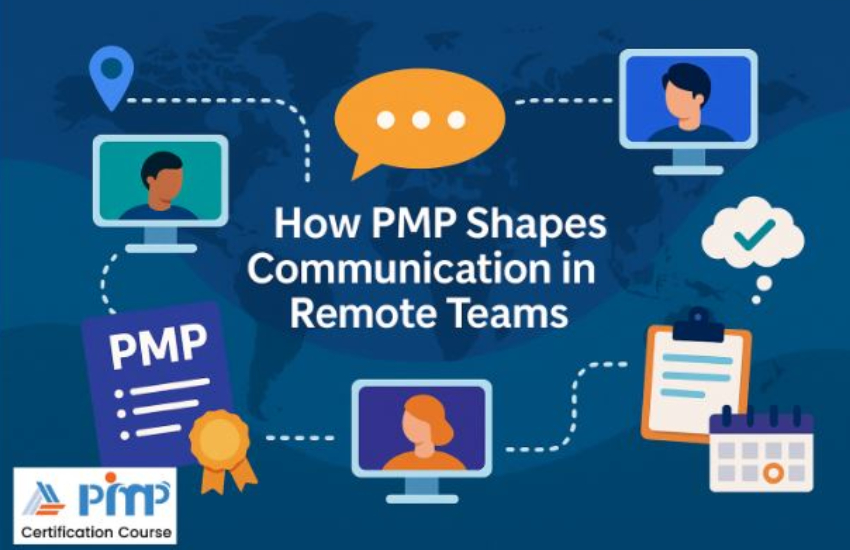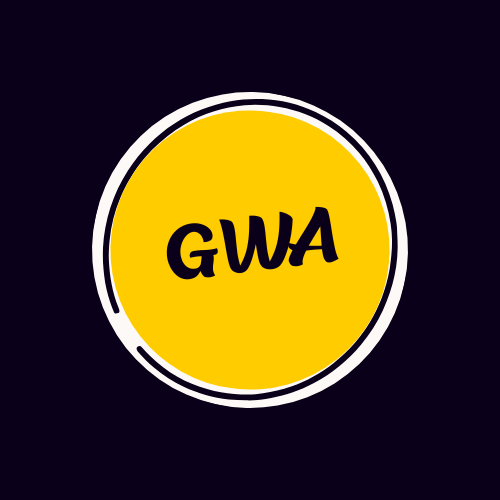How PMP Shapes Communication in Remote Teams

Contents
What happens when your message gets lost between time zones? Or when a team member misses an update, and no one realizes until the deadline slips? These hiccups are all too common in remote teams. That is where PMP Certification proves its worth, providing project leaders with the tools to simplify communication, set clear expectations, and ensure that everyone is kept informed.
If you have ever wondered What is PMP about, it is not just project planning. It is also about guiding people on how to connect, share, and collaborate from anywhere in the world. Let us unpack how this makes a difference.
Here are the ways PMP training helps remote teams communicate better:
Standardises Communication from Day One
Communication challenges are one of the main problems for remote teams. Some team members may prefer emails, others might prefer instant chats, and others might prefer video calls. This can make it hard to keep track of changes and information. PMP-trained professionals deal with this problem early on by establishing a Communication Management Plan.
This strategy not only informs who needs what information but also how and when they will get it. The process is straightforward, whether it is a daily update on a project board or a weekly email to stakeholders. What is the result? Everyone knows what is going on. Things start to make sense, and there won’t be any more confusion.
Reduces Overlap and Clarifies Roles
When teams operate remotely, it might be difficult to stay informed about developments. Because they don’t know who is in charge, people could keep doing the same thing over and over again or neglect to complete their work altogether. The RACI Matrix is covered in project managers’ PMP training. It aids the group in deciding who is in charge of what.
Since there are precise definitions of who is Responsible, Accountable, Consulted, and Informed, everyone is aware of their position. This keeps things organized and guarantees that everyone in the team knows their responsibilities, which minimizes the delays brought on by repeated explanations.
Builds Strong Stakeholder Engagement
In remote work, team members involved in the project may feel disconnected from it. You must do more than just give updates to keep people engaged. The PMP technique shows project managers how to figure out what stakeholders need from the start and how to keep them informed and involved throughout the project.
People in different groups may need to talk to each other in different ways. A busy CEO could desire a rapid overview of the dashboard, while a team lead would want detailed progress updates. PMP professionals change their communication style to suit the scenario, creating an atmosphere that keeps everyone aligned and focused on the project’s objectives.
Keeps Meetings Structured and Useful
Often, virtual meetings turn into pointless talks. If they aren’t well-organized, they waste time and energy. PMP training equips leaders with the tools to organize efficient and focused meetings. Every meeting has a set time, a clear agenda, and a set goal.
The agenda is sent out in advance of the meeting so that everyone can prepare. During the meeting, decisions are made in real-time. After the meeting, people are assigned tasks and are checked on later. With this rigorous approach, meetings transition from a chore to a valuable platform for aligning everyone and taking action.
Encourages Proactive Risk Communication
When people work together remotely, problems can mount without anyone noticing until they become severe and important. From the very beginning, PMP experts learn how to identify, record, and manage hazards. Just as critical, they establish an environment where people feel comfortable to share their concerns.
Everyone on the team is encouraged to add to the shared risk register, which is updated often. People are more likely to be honest and open when they can talk about problems and worries with their colleagues. This transparency enables people to handle difficulties more efficiently and prevents issues from arising at the last minute.
Conclusion
How well remote teams interact may determine the success of the team. The PMP framework gives more than a simple structure. It provides everyone with a way of thinking and a set of rules to follow, keeping them all on the same page, regardless of their location. PMP Training can help your team function more effectively together, even when working from a distance.






